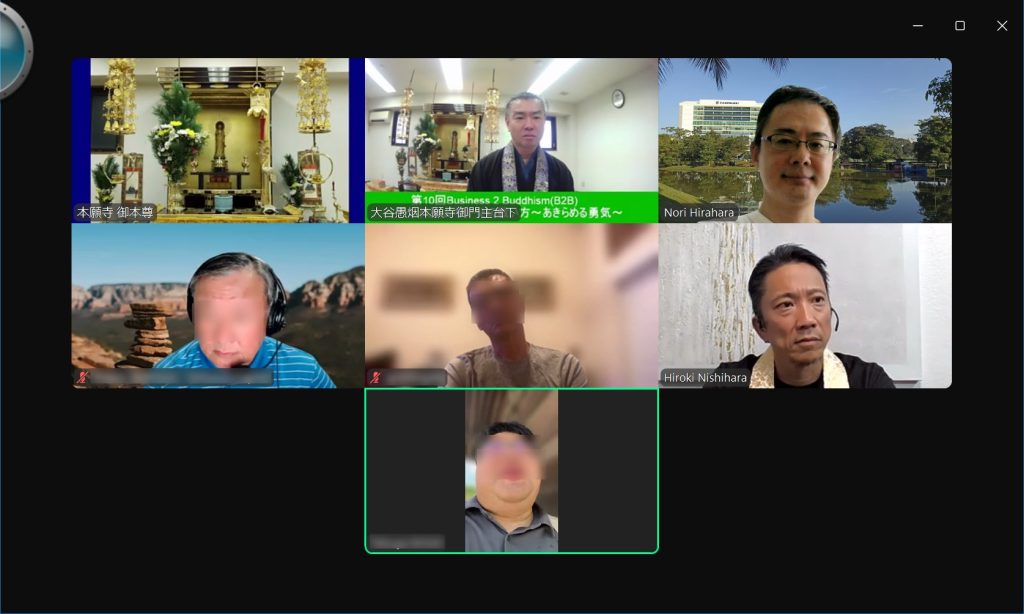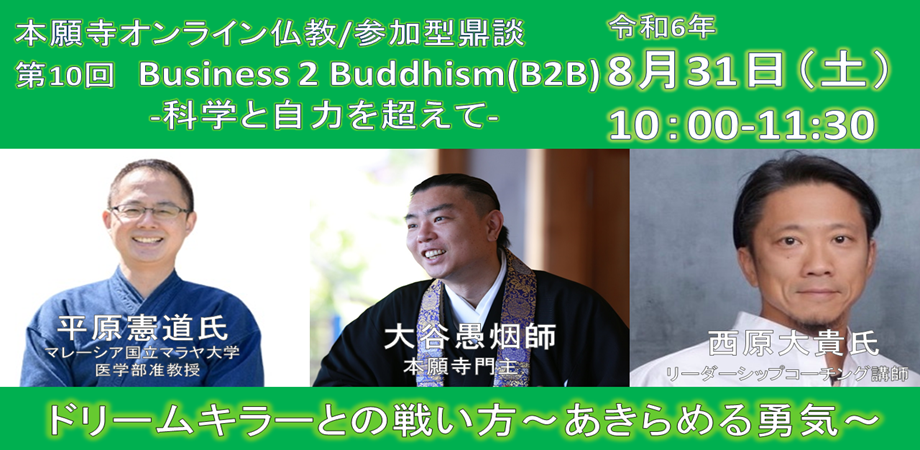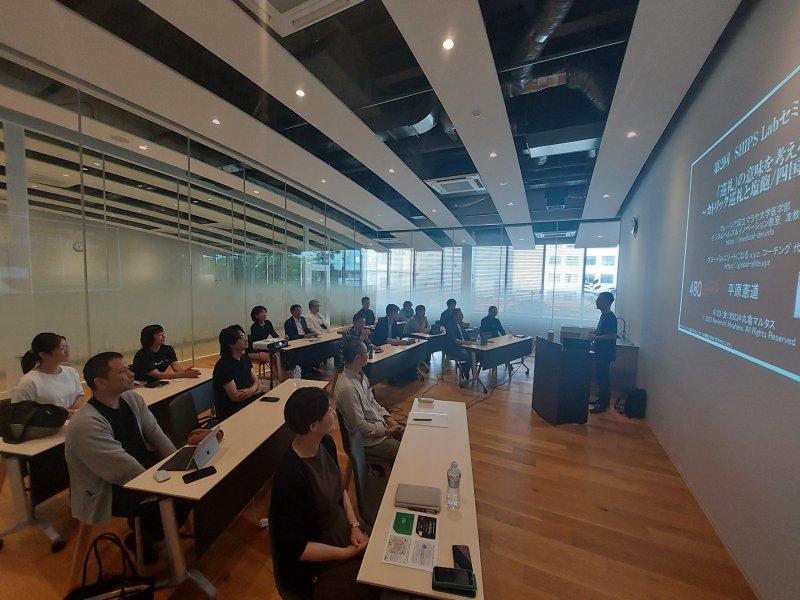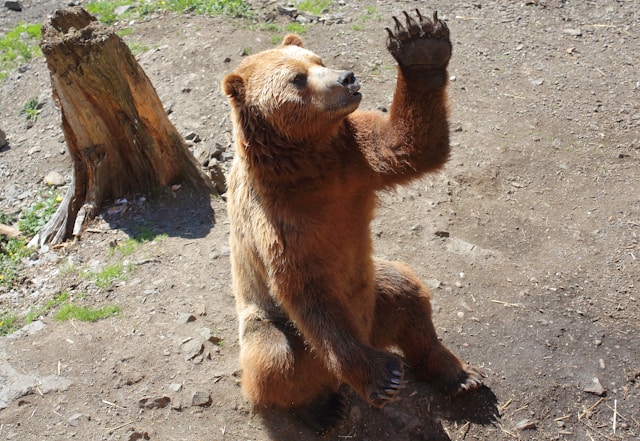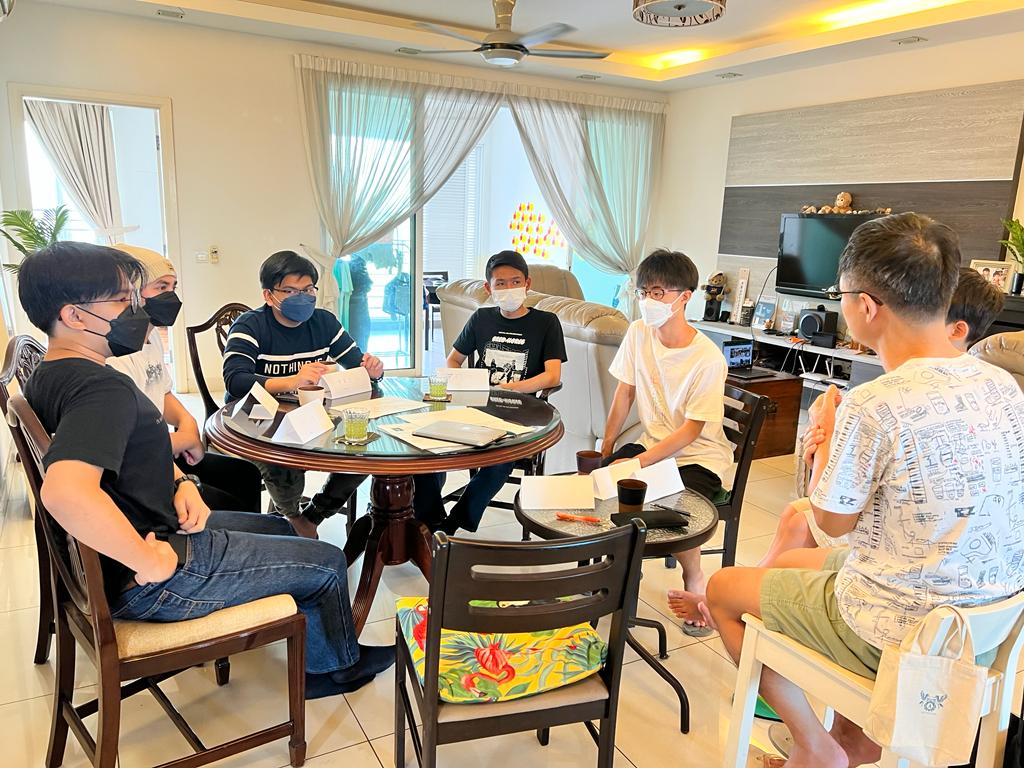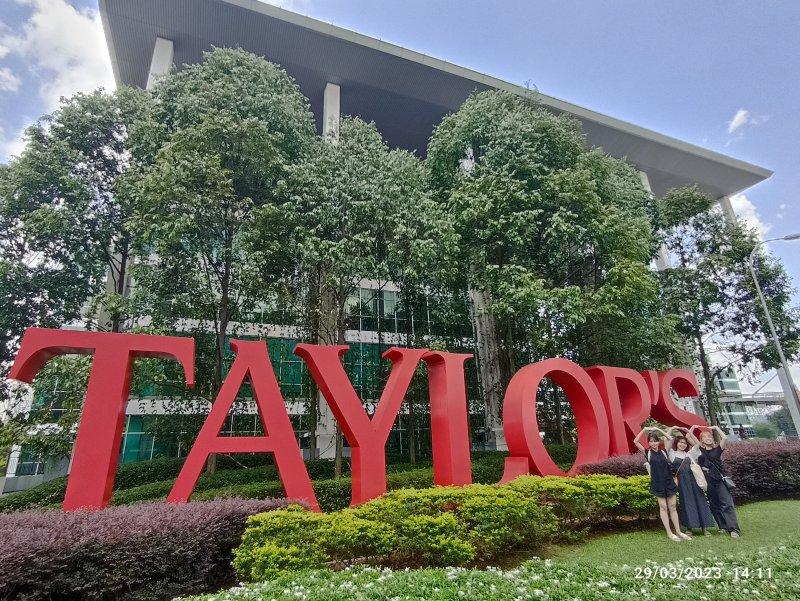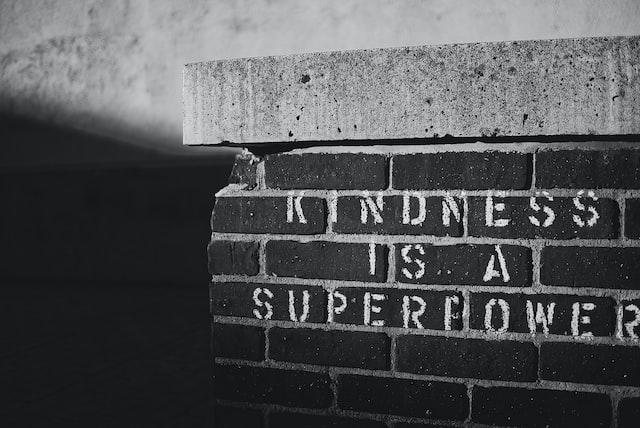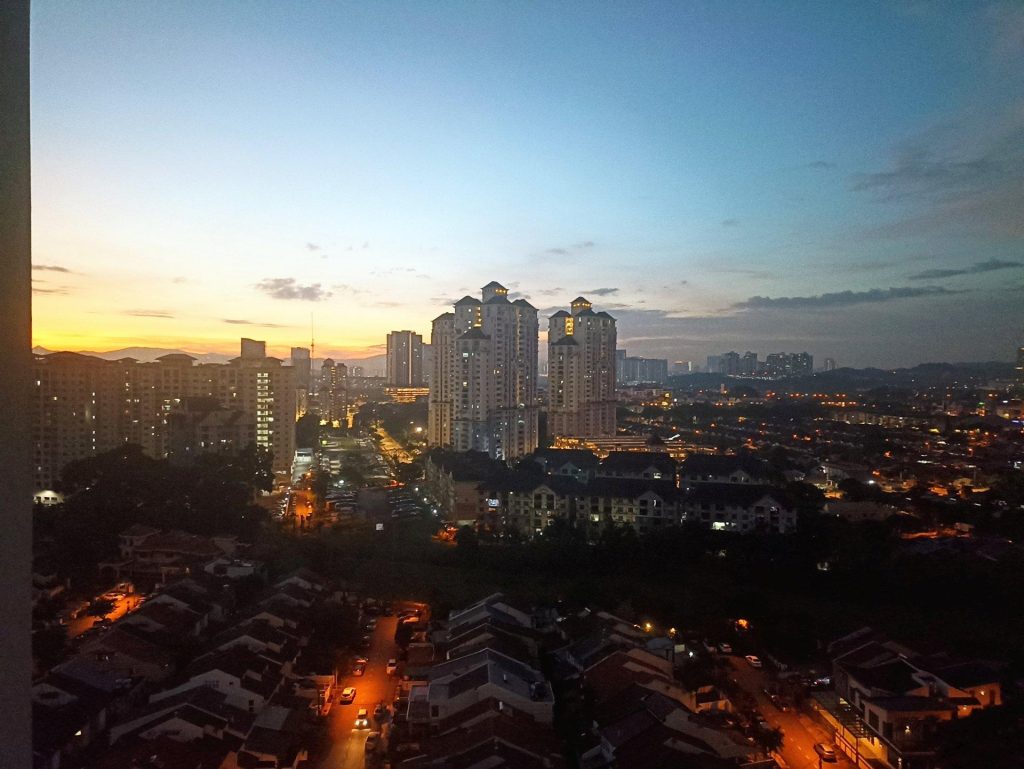The theme of the salon this time was “dream killers. In English, “dream crushers” would be easier to understand. Since there were only a few participants this time, we asked around for everyone’s opinions and proceeded with the discussion among the three of us. I would like to revisit this very important topic of “how we achieve worldly dreams in line with Mahayana Buddhism.”
There were several points, the first being about “dream killers,” which are said to be often “parents and family members. Precisely though, the parents are not particularly trying to “destroy their children’s dreams”. From an evolutionary psychology perspective, the brain we inherited from our ancestors survived by “being as sensitive as possible to risk (= avoiding it as much as possible),” and as a result of that continuing today, they just advise the children “not to take risks.” However, the fact that the pursuit of dreams often comes with risks, and as a result, they kill the kids’ dreams altogether. Paradoxically, if we can properly discuss and persuade those adults about the risks, we may be able to make them “fellow dream chasers .”
Second, there is a strong tendency to think of “dreams” as something unconditionally positive and good, but is this really true? Since the realization of one person’s dream involves the dedication and even sacrifice of many people around him/her, is it enough to just be “grateful” to them? This is the argument. This “sacrifice” that cannot be dispelled in any way does not make it inevitable to give up on the dream. Don’t get me wrong. Rev. Gwen pointed out that “Pursuing dream is innately human-effort, jiriki, so it naturally creates suffering wherever it goes,” and he is right. I would like to see more Buddhist leaders today can teach the principle of “being successful in this world with compassion but cheerfully.”
The third one was, “What is a dream anyway?” The day of the salon was the anniversary of Dr. Wundt’s death (the father of experimental psychology), so I picked up on that and explained the history of modern American psychology as well as the formation of 19th-century unconscious psychology, while also explaining the understanding of “dreams” as conceived by Freud, Jung, and Adler and their influence on James (the father of American psychology). I also mentioned the Buddhist influence on James’ own psychology of consciousness. It may have been a little difficult but gained lot of nods.
今回のテーマは「ドリームキラー」。英語だと「dream crusher」の方が語感が理解しやすいでしょうね。今回は参加者が少なかったので、皆さんに意見を聞きながら、3人の議論を進めて行きました。「大乗仏教での娑婆ドリーム」とは何かという超重要テーマなので、再訪したいですね。
ポイントはいくつかあるのですが、1つ目は、「親や家族がなることが多い」と言われる「ドリームキラー」について。正確には、「子供の夢を壊したい」と特段思っている訳ではないということ。進化心理学的に見ても、我々の先祖から引き継いできた脳は「リスクにできるだけ敏感になる(=できるだけ避ける)」ことで生存してきたので、それが今も続いた結果として、子供にリスクを取らせないように助言しているだけ。ただ、夢の邁進には往々にしてリスクがつきものなので、結果として夢も殺す、という話です。逆説的に言えば、リスクについてきちんと議論し説得できれば、親も家族も「夢を追う仲間」にすることができるかもしれない。
2つ目は、「ドリーム/夢」と言えば無条件にポジティブでよいもの、とする風潮が強いですが、本当にそうか?という点。1人の夢の実現には多くの人の献身や犠牲が関わってくるため、その人たちへは「感謝する」だけでいいのか?という議論です。どうやっても払しょくできないこの「犠牲」は、だからといってその夢を諦める必然性を生まない。ただ、そこには、夢を追う途上での「切なさ」が染み入るべきです。Gwenさんから「自力なのだからどこまでも苦を生む」という指摘が入りましたが、仰る通り。この辺りも含めて、仏教者には、「切ないが明るく娑婆で成功する」極意を説いて欲しいですね。
3つ目は、「夢ってなんやねん?」という辺り。サロン実施日がちょうど(実験心理学の父と呼ばれる)ヴントの命日だったので、私がそこを拾って、アメリカ心理学の歴史や無意識系心理学の成立について説明しながら、フロイド、ユング、アドラーが考えた「夢」の理解や、それらを踏まえつつ(アメリカ心理学の父と呼ばれる)ジェイムズへの影響と独自の意識の心理学や彼の仏教オタクへ言及しました。少々難しかったかも知れませんが。
